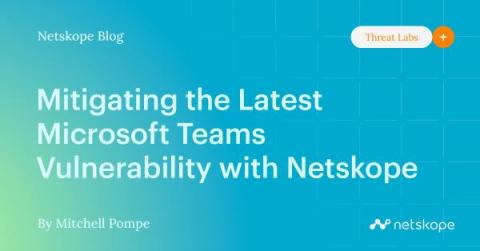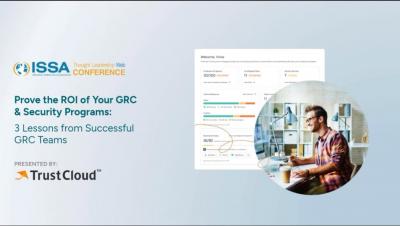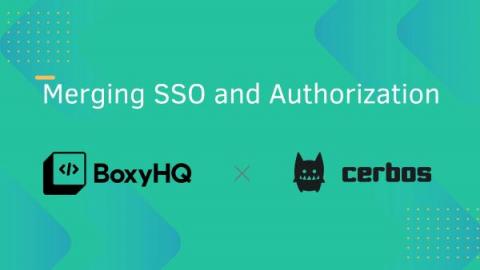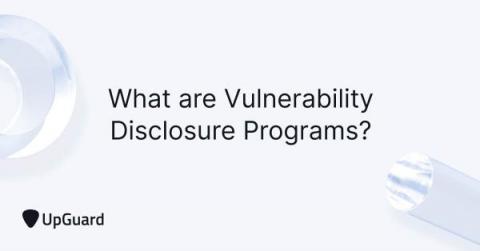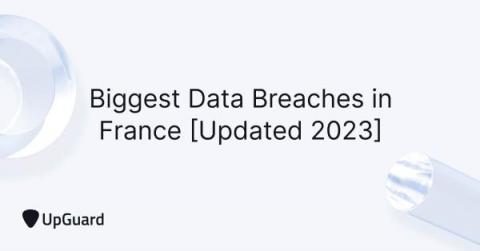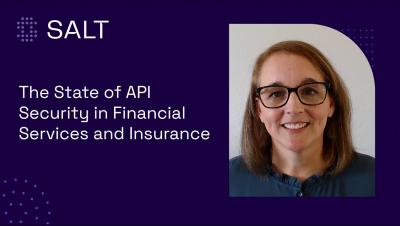Mitigating the Latest Microsoft Teams Vulnerability with Netskope
Recently, a team of experts from JumpSEC Labs discovered a vulnerability in Microsoft Teams that allows malicious actors to bypass policy controls and introduce malware through external communication channels. Leaving end-users susceptible to phishing attacks. Microsoft’s advice is to educate end-users to detect phishing attempts. One workaround would be to disable Microsoft Teams collaboration with external organizations.


